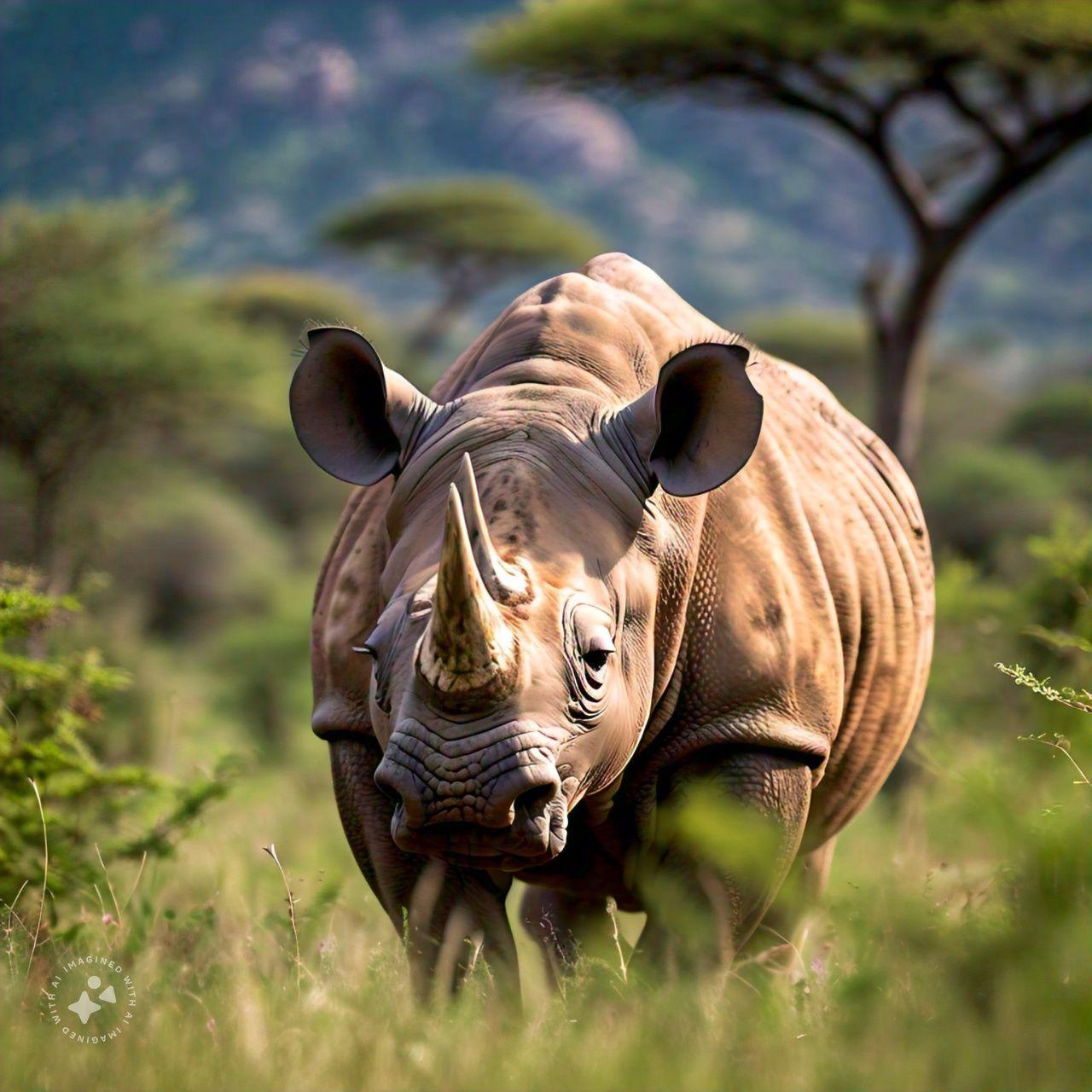Threats Facing Rhinos
-
Poaching:
- Demand for Horns: Rhino horns are highly valued in traditional medicine and as status symbols, particularly in parts of Asia. This demand drives illegal poaching.
- Organized Crime: Poaching has become a highly organized criminal activity, with sophisticated networks that threaten rhino populations.
-
Habitat Loss:
- Deforestation and Development: Expanding agriculture, urbanization, and infrastructure development lead to the destruction of rhino habitats.
- Land Use Changes: Converting land for farming or livestock often results in the fragmentation of rhino populations, making it difficult for them to find mates and food.
-
Human-Wildlife Conflict:
- As human populations expand into rhino habitats, conflicts can arise. Farmers may kill rhinos that threaten their crops, further reducing their numbers.
-
Climate Change:
- Changing weather patterns can affect the availability of food and water resources in rhino habitats, putting additional stress on their populations.
What We Can Do to Help
-
Support Conservation Organizations:
- Contributing to organizations focused on rhino conservation can help fund anti-poaching efforts, habitat restoration, and community education programs.
-
Raise Awareness:
- Educating others about the plight of rhinos can help reduce demand for rhino horn. Sharing information on social media and through community events can spread the message.
-
Advocate for Stronger Laws:
- Supporting legislation that protects endangered species and enforces anti-poaching laws can help curb illegal activities.
-
Eco-Tourism:
- Participating in responsible eco-tourism can provide financial support for conservation efforts while promoting awareness of rhino conservation issues.
-
Community Involvement:
- Engaging local communities in conservation efforts can reduce human-wildlife conflict. Initiatives that offer alternative livelihoods, such as eco-tourism or sustainable agriculture, can help communities coexist with wildlife.
-
Support Sustainable Practices:
- Choosing products that do not contribute to deforestation or habitat destruction can help preserve rhino habitats.
By understanding the challenges rhinos face and taking action to support conservation efforts, we can help ensure that these magnificent creatures continue to thrive in the wild.

